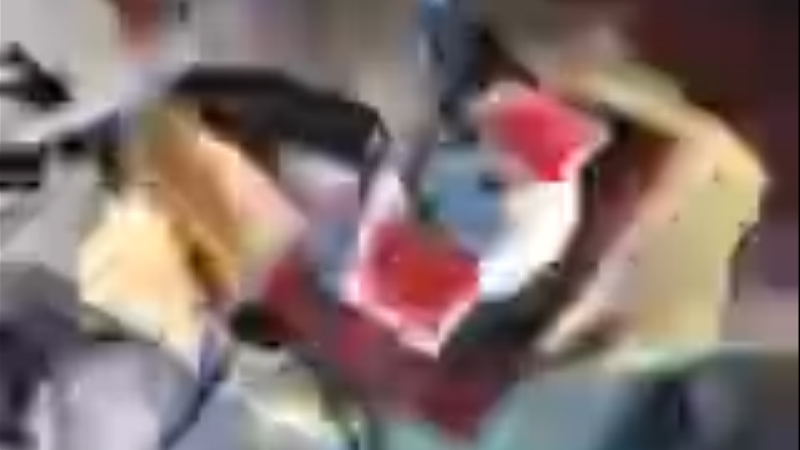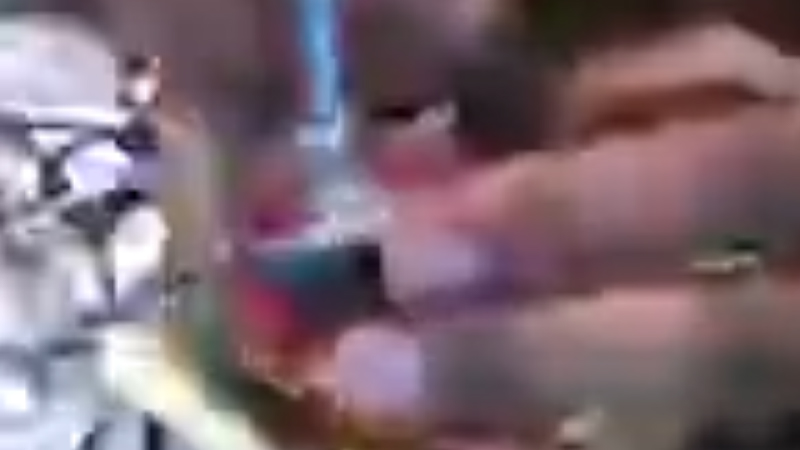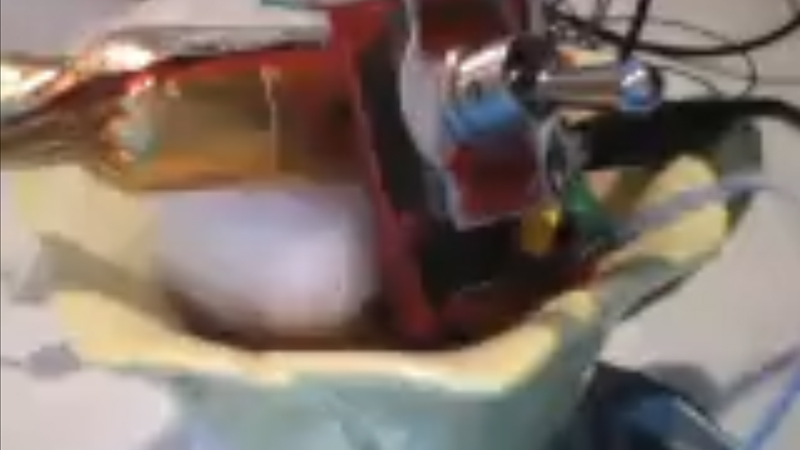"The Loud Objects create electronic noise with minimal components: microchips, a power jack, an audio jack, and wire. The group solders custom audio circuits live, creating audible fluctuations of electricity with these bare elements. Gradually building a complex sound circuit, they present electronic music in a form closer to a physical instrument than a laptop. Their performances invite the audience to bear conscious witness to each musical gesture: the addition of a microchip; the soldering of an output pin to the audio jack.
The New York City-based trio (Kunal Gupta, Tristan Perich, Katie Shima) stage their lush noise constructions with soldering irons on top of overhead projectors, slide projectors, flourescent light towers, and remodeled guitars. Formed in 2005 at Columbia University, the Loud Objects have since skirted between the worlds of noise rock, contemporary music, circuit-bending, and chiptunes, playing at Brooklyn house parties, collaborating with new music ensembles, exhibiting at electronic arts festivals and galleries, and serenading Rhode Island from the trunk of their car.
Musically, the Loud Objects explore the sound of electricity, synthesized by microchips and amplified by speakers. Writing their own code to generate sound, they work with audio at the sample level, without utilizing subsequent effects or filters. From silence to a full onslaught of noise, they compositionally weave shifting sonic patterns, often juxtaposed with an accompanying acoustic instrument or yelling audience participation, further exposing electronic sound as a physical medium.
Loud Objects, NYC-based circuit sorcerers, present a wacky way to learn hardware audio programming. The WWW-Enabled Noise Toy invites anyone with a web browser to write their own audio code, program it remotely onto a Noise Toy, and play it live via webcam. In the spirit of 'try it yourself' software demos, the website provides a simple environment for experimenting with low level microchip-generated audio. Load code from the Loud Objects' own library of performance algorithms, hone your own noise techniques, and add your work to the online archive to share it with other microchip coders and create an open source noise community." -- from Turbulence
1 COPY IN THE NEXT
Published in 2010 by Turbulence.
This copy was given to the Electronic Literature Lab by Jo-Anne Green and Helen Thorington in Spring of 2016.
PUBLICATION TYPE
Showcase
COPY MEDIA FORMAT
Web


